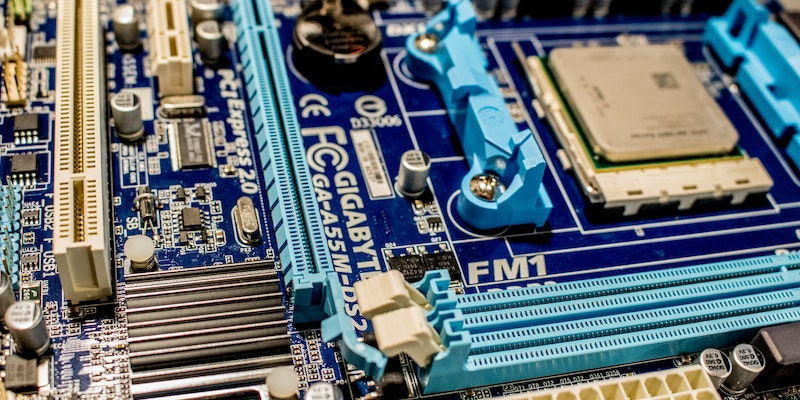On Tuesday, Intel made a groundbreaking announcement during the Intel Innovation keynote, introducing its latest processors, the Intel Core Ultra series. With their arrival, Intel foresees the dawn of the “AI PC” era. This article delves into the features of these processors, their potential impact on the PC experience, and the advanced capabilities they bring to the table.
Features of the Intel Core Ultra Processors
The Intel Core Ultra processors, codenamed Meteor Lake, mark a significant milestone for the company as they are the first chips designed specifically for the consumer market with a dedicated neural processing unit (NPU). This specialized unit empowers the processors to handle AI-driven workloads, opening up new possibilities for consumers.
The AI Revolution and Its Impact on the PC Experience
Intel’s CEO, Pat Gelsinger, emphasizes the transformative power of AI, stating that it will fundamentally reshape and restructure the PC experience. By harnessing the combined power of cloud computing and PCs, AI enables users to unleash their personal productivity and creativity.
Advanced Capabilities of the Intel Core Ultra Series
In addition to the NPU, Intel’s new chip series boasts impressive power efficiency through its advanced 7nm Intel 4 process technology. This efficiency ensures optimal performance while consuming minimal power. Furthermore, the processors feature an enhanced integrated GPU, leveraging the cutting-edge Intel Arc graphics architecture for exceptional graphics processing capabilities.
Multi-Chiplet Module (MCM) Design and Foveros Packaging Technology
The Intel Core Ultra processors feature a revolutionary multi-chiplet module (MCM) design. This design allows for greater flexibility in chip development compared to traditional monolithic silicon structures. To further enhance performance, Intel utilizes Foveros packaging technology, which previously faced setbacks with the Lakefield chip but has been refined for the Core Ultra series.
The Importance of the OpenVINO AI Toolkit
One of the highlights of the Intel Innovations conference is an update to Intel’s distribution of the OpenVINO AI toolkit. This toolkit provides developers with a common language to build AI applications and now leverages the new Intel hardware. Developers can harness the optimized 2023.1 version of the toolkit, specifically tailored to utilize the NPU in the Intel Core Ultra processor. This optimization streamlines and simplifies AI application development for both developers and consumers.
Acer’s demonstration of Intel Core Ultra capabilities
During the conference, Acer showcased an AI-powered app running on an Acer Swift laptop equipped with an Intel Core Ultra chip. In a stunning display of the chip’s capabilities, the app transformed a basic photo of a ballerina into a captivating image and generated a parallaxing desktop wallpaper – all in under a minute. This demonstration serves as a glimpse into the vast potential of the Intel Core Ultra processors in unleashing AI-driven creativity.
The Potential of Intel’s NPU and OpenVINO Toolkit
Intel’s foray into the NPU market positions the company strategically in the field of AI computing. With the OpenVINO toolkit optimized for their processors, developers coding for Intel hardware gain a wealth of opportunities to explore and create practical and innovative AI applications. The combination of Intel’s NPU and OpenVINO toolkit offers a compelling incentive for developers and consumers to embrace the AI PC era.
The introduction of the Intel Core Ultra processors marks a pivotal moment for Intel and the PC industry as a whole. With its dedicated NPU, impressive power efficiency, and advanced graphics capabilities, the Core Ultra series is set to revolutionize the way users interact with their PCs. Supported by the OpenVINO AI toolkit, developers can tap into the full potential of Intel’s processors, paving the way for a future filled with intelligent and creative computing experiences. As we eagerly await the market release, the AI PC era draws ever closer.

